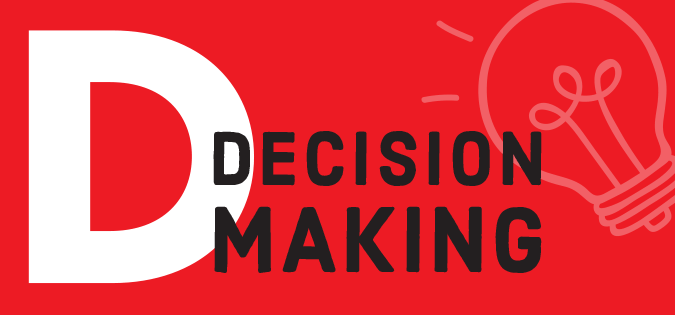
We are constantly making decisions, every day, all day: what to eat for breakfast, what to wear, whether to add an umbrella to all the things we have to carry, how to prioritize the day’s activities, whether to start the day with exercise or catch an extra half-hour of sleep, whether to keep waiting for that overdue bus or flag down a taxi. The decisions may be different based on the kind of work we do or our family situations, but they’re made quickly, without much thought.
The Body of Christ is not perceptibly affected by whether I eat oatmeal or a bagel; whether I wear jeans or a skirt. But many of our automatic decisions do have ethical implications. How much do I spend on food? Do the out-of-season blueberries imported from Chile help me maintain a healthful diet and support Latin American farmworkers, or do they contribute to an unhealthy globalization of agriculture? How many times can I re-use those plastic bags before putting them in a trash pile that may end up in the Pacific Ocean? Do I really need to run the water so long, or can I keep in mind the parts of the world where clean water is a luxury? Should I give something to the homeless person on the street corner? What about the man, not homeless, who begs outside the parish church every Sunday?
At first glance, Ignatian principles of decision making don’t seem to be much help. Much of Ignatius’s advice deals with life decisions, like marriage or a religious vocation. To the extent that his advice can be applied to “changeable” decisions, it is at best time-consuming. One method is to envision yourself as the pointer of a balance; examine all the advantages and disadvantages of a proposed course of action; pray for guidance; and make a rational choice. An alternative approach is to focus on conflicting feelings and try to discern which are drawing you to God and which are drawing you away. These methods may be extremely helpful when deciding whether to sell a house or retire; they aren’t practical for daily decisions like whether to give something to a person who may or may not be homeless.
How, then, do we identify the ethical implications of the decisions we make every day, often without thinking?
My approach is to ask God for a heart on fire with love. Everything we do (or don’t do) proceeds from the fundamental disposition of our hearts. A person who accepts the values of our consumer society will acquire possessions. A person driven by the desire for power will show no compassion to those in his or her way. A God-centered person will act out of love without needing to have a long, internal debate. St. Ignatius urges us to know Jesus through our prayer, especially praying with the Gospels, and then to strive to imitate Jesus in all things. Or, as St. Augustine is reputed to have said, “Love God and do what you will.”

Thank you Barbara. What a helpful reminder.
Thank you Barbara for your thoughtful ideas!!
I, also ,was struck by that sentence,Kimberly. It is simple,yet a powerful prayer.
Thank you for your writing, Barbara.
Thank you Barbara. I will ask God for a heart on fire. I will ask God also for the proper stooking of this fire to keep me doing his holy will.
Thank you for this thoughtful piece, Barbara. I like your prayer asking God for “a heart on fire with love.” So simple but so powerful. If I open my heart to such love, my decisions will be guided by that love. I will try to incorporate this prayer in my daily life. Thank you again!